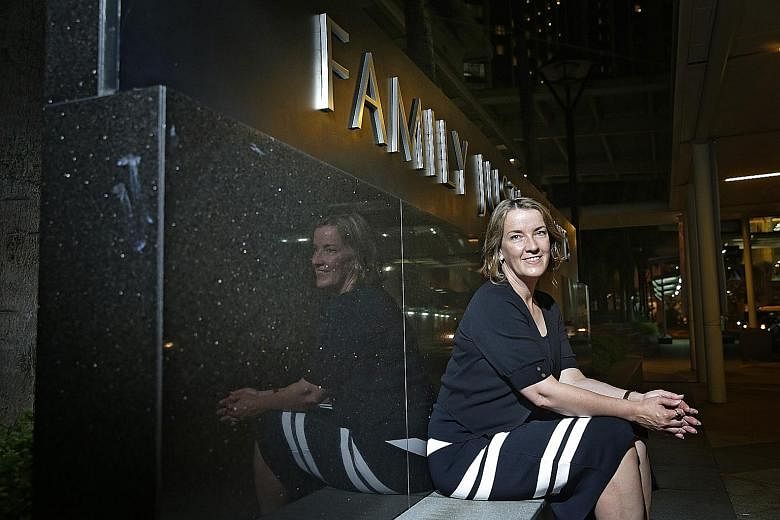One in three children caught in an acrimonious divorce could face a mental health problem, such as anxiety or depression, that requires professional help.
Professor Jennifer McIntosh, an Australian child psychologist who has investigated family trauma for almost three decades, discovered this from her research on over 300 Australian children with feuding parents.
"The worse the conflict, the worse it is for the child, who has to constantly deal with all the hostilities the parents inflict on each other," she said. "Some children become so vigilant to what's happening that they stop being children and start being a caregiver to their parents."
Prof McIntosh, 51, pioneered the Child Inclusive Dispute Resolution model, as a way to give children a voice in a fight that affects them.
Parents are often so caught up in their own pain and anger that they overlook how their acrimony is affecting their offspring, she said.
Her research on the Child Inclusive Dispute Resolution model showed that it made couples fight significantly less, and children felt closer to their parents.
Prof McIntosh is in Singapore to train the Family Justice Courts counsellors on how to engage families using this approach.
She said it was important for trained professionals to find out the children's feelings, as they may not tell their parents the truth.
She said: "Children love both their parents, and depend on both of them. So they need to keep things sweet between them, and they spend an awful lot of time weighing how the information would affect their parents. So what the parent hears from their child could be a sanitised version of the truth."
However, she noted that this child inclusive engagement will work only for those who are willing and able to consider their child's point of view, and reflect on their own behaviour.
She said: "It doesn't mean they walk away as perfect parents, but they are motivated to do better."
Theresa Tan

